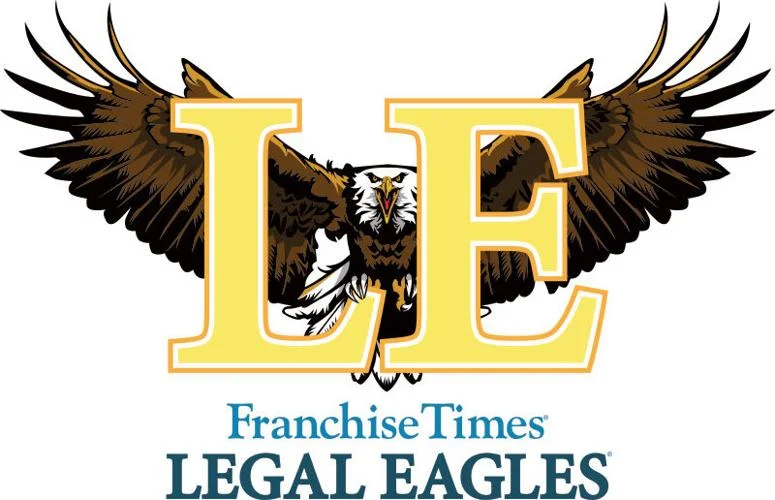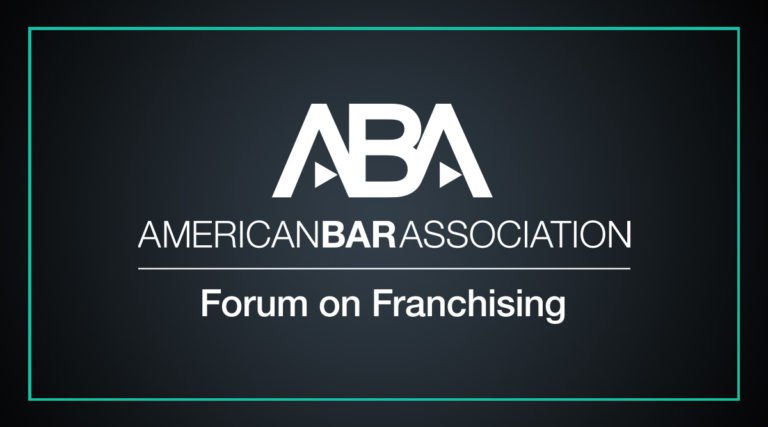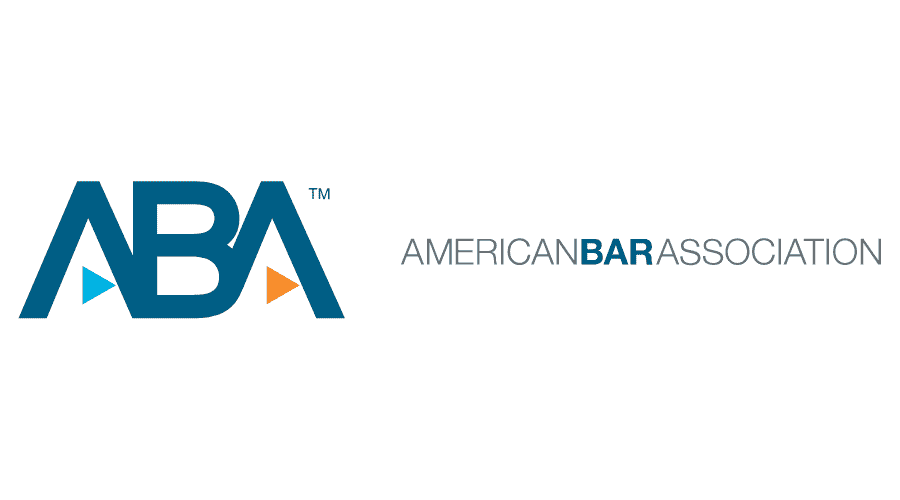Washington Commanders Rebranding? Why the PTO Denied the Team’s Trademark Application
The Commanders' Classic is the federally registered trademark for the annual college football between the Army and Air Force. The mark is registered for "entertainment services, namely, organizing, promoting and staging annual intercollegiate football games where the entertainment services are sold in connection with football competitions, between U.S. military academies, none of the foregoing relate to hunting or fishing." But I'm sure you're wondering why this would be an issue. After all, the mark is registered for "intercollegiate football games . . . between U.S military academies." So why should that stop an NFL team's application?
Why Did the Patent and Trademark Office Reject the Commanders' Application?
The Patent and Trademark Office, and trademark law as a whole, ultimately asks, "What is the likelihood of confusion." This legal term refers to how likely a consumer will mistake one trademark holder for another. While courts examine roughly thirteen factors in this determination, the PTO focuses on fewer factors, namely 1) the similarities of the applied-for mark and the prior registrants in appearance, auditory resemblance, and commercial impression, and 2) the similarity of the goods or services.
Although it may seem evident that "COMMANDER'S CLASSIC" and "WASHINGTON COMMANDERS" have visual dissimilarities, the PTO's analysis goes deeper by often evaluating and comparing the "dominant elements" of the marks in question. This label is somewhat nebulous, as there is no defined legal test for determining the "dominant element." However, typically terms that are unique, arbitrary, or fanciful are considered the dominant element as it leaves a more significant impact in the minds of consumers. Thus, if two marks have similar or identical dominant elements, there is a higher likelihood of confusion.
In this instance, "Classic" and "Washington" are descriptive. A "classic" refers to longstanding sporting events or rivalries, such as the Bears versus the Packers. In turn, "Washington" is a geographic area. Thus, the PTO is left to examine two marks whose "dominant element" is the word "Commanders." As such, the marks are "visually similar."
The PTO also concluded that the marks are for similar services. However, when The Patent and Trademark Office determines the likelihood of confusion by comparing the similarity of the goods or services, it does not typically differentiate between broad and narrow use categories. The reason is that narrower services could be offered under the broader category. As such, the Patent and Trademark Office concluded that "providing intercollegiate football games" is included in arranging, organizing, and broadcasting professional football games.
Isn't It Obvious that People Won't Mistake an NFL Team for a Military Football Game?
Yes, but during the trademark registration process, the PTO does not consider "real world" use in its evaluation. Instead, PTO Examiners solely assess an application based on the information provided within the application itself. They are only able to consider real-world use when determining the similarity of goods and services. In such cases, Examiners may refer to third-party sources to support their conclusions. Unfortunately, this approach can sometimes lead to confusion among attorneys as well as applicants.
Leaving the parties’ identities out of the equation, the PTO Examiner compared two marks that share the same "dominant element" and are for use with similar services. This conclusion was a definite possibility from the onset. This isn’t to say that Commanders’ attorneys did not perform their due diligence. Rather, trademark evaluations are subjective even with the guidelines in place. I am sure while you read this article, you raised valid counterarguments. For that reason, trademark law is more than just filing an application. It is about knowing how the PTO operates, identifying dominant elements, and how to evaluate the likelihood of confusion against similar marks.
What About the Trademarks Owned By the Man From D.C.?
Mr. Martin McCaulay, a well-known trademark squatter, is the owner of pending trademark applications for the "Washington Space Commanders" and "Washington Wolf Commanders," with the intention of squatting on the potential new name of the team. Through his limited liability companies, Washington Warriors and Washington Redwolves, Mr. McCaulay has filed multiple trademarks, including Washington Redwolves, Federals, Monuments, Veterans, Redtails, Sentinels, and more.
Although most of the trademarks filed by Mr. McCaulay are no longer valid due to his failure to submit the necessary paperwork to maintain the applications, the "Washington Space Commanders" and "Washington Wolf Commanders" remain active. There is a legitimate legal question surrounding whether McCaulay violated federal rules by filing applications for marks he had no intention of using. However, his willingness to transfer the trademarks to the team without charge suggests that this question may go unanswered.
Will The Commanders Have to Change Their Name?
Likely not. The team has solid counterarguments, specifically the difference between football games at the professional level versus those between military academies. At this stage, the team can look at third-party evidence, industry practice, and consumer surveys to argue that there is a low likelihood of confusion. Alternatively, the possibility of an agreement between the Commanders and the owners of COMMANDER'S CLASSIC is far more likely.
If you are looking to register your brand name, logo, or slogan or need help overcoming a PTO rejection, our team at Charter Law is here to help. For more information on how to build your brand, call Charter Law at (888) 644-1997 or email us at Info@CharterDifference.com.
By: Gage Meyers










